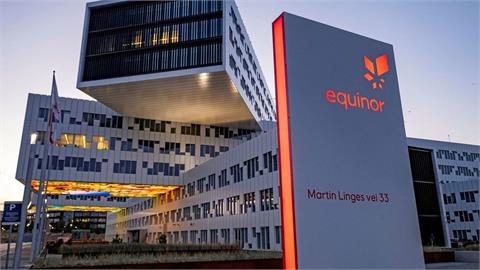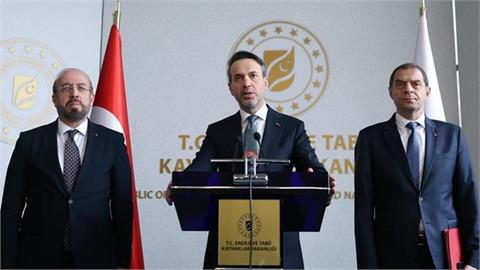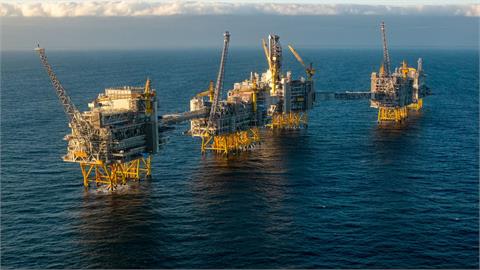As Croatia gears up for exploration of oil and gas in the Adriatic sea,
green groups have raised concerns about the environment and economy of
the tourism-dependant country’s islands and pristine coastline.
The government in September is set to sign contracts with two energy
groups which have been granted the right to explore and drill for oil
and gas in the Adriatic for a period of up to 30 years.
"It is a very important project for Croatia,” Barbara Doric, head of the hydrocarbon agency told AFP.
By exploiting additional resources "which we assume we have in the
Adriatic, it will enable the country to become energy independent and,
when it comes to gas, even to become an exporter,” she said.
Two licences have been awarded to the INA oil group — jointly owned by
the Croatian state and Hungary’s MOL — and one to Italy’s ENI and
MEDOILGAS.
The government is aiming for the project to give a much-needed boost to
Croatia’s economy, which has been mired in recession since 2008.
Officials estimate that direct benefits for the state budget could
eventually reach around one billion euros net profit ($1.1 billion)
annually. Indirect positive effects, such as development of supporting
industries or creating new jobs in a country where unemployment stands
at 20 percent, should also result from the exploration.
"The domino effect could be really strong,” Doric said.
"Calculations of potential impact on the country’s gross domestic
product (GDP) show it could be three to four percent, which is a lot.”
But ever since the project was launched it has sparked strong criticism
from local and international groups concerned about the environment as
well as the economy. Many Croatians fear it could seriously harm the
Balkan country’s valuable tourism industry.
Tourism, which has gradually recovered since the former Yugoslav
republic’s 1990s independence war, accounts for around 20 percent of
Croatia’s GDP. Those who oppose the drilling claim the risks far
outweigh the possible benefits.
– ‘Russian roulette’ –
"It’s impossible to implement this project without very serious damage
to both the environment and the local economy (which is) based on
tourism and the fishing industry,” Vjeran Pirsic, head of the
environmental group Eko Kvarner, told AFP.
Pirsic also claimed the offshore oil drilling will not match the benefit
from tourism which last year totalled 7.4 billion euros.
"That means we are playing Russian roulette,” he said.
Green groups warn that in the relatively small and shallow Adriatic sea
the exploration phase, expected to last up to five years including
seismic research and underwater explosion, would seriously affect marine
life.
The visual impact of oil platforms on the horizon would also discourage
tourists, especially those sailing among Croatia’s thousands of
picturesque islands and islets, they claim.
"In the worst case scenario it would be a total distater, we will not be
able to survive, our kids and grandchildren will be starving,” Pirsic
warned.
Croatia every year welcomes as tourists almost triple the number of its
4.2 million population, with most visiting its stunning Adriatic coast.
The green groups have also claimed that the project lacked a proper
environmental study and accuse the authorities of not consulting local
communities about it.
Last month the city council of Dubrovnik — the pearl of the Adriatic coast — adopted a resolution against the drilling.
– Croatians divided –
But Croatian authorities firmly reject the allegations and say citizens were clearly informed about every step of the project.
"There is no room for any panic as this is a very controlled process,”
Doric said, assuring that Croatia would implement the highest safety
standards.
The government pointed out that exploration for oil and gas has been
ongoing on the Italian side of the Adriatic for decades. The first
explorations in Croatia started in 1970s and currently there are 20
platforms along the country’s northern Istria peninsula exploiting gas.
"Those who are against (the project)… are against Croatia’s industrial development,” Economy Minister Ivan Vrdoljak said. Croatia produces about 60 percent of its own natural gas and imports 80 percent of its annual oil needs.
Meanwhile, Croatians remain divided over the issue. Surveys show that up to 52 percent of Croatians oppose the project,
citing as their main concern tourism as they deem it more important for
the country than oil and gas. Those who back the drilling say the main
benefit would be that Croatia would become energy independent.
"Risks would not be much greater than they are today, given all the
platforms that are already there, and the country could certainly use
additional income,” said Nenad, a 53-year-old sailing boat owner from
Zagreb.
Nedjeljko Lesica, a fisherman and former restaurant owner from Njivice sees it differently. "Look at this beauty,” he said proudly pointing to the crystal clear water in a bay of a small village on the island of Krk.
"This project is bad for all. Everything will be in danger — fishery,
tourism mostly, and we will live from that,” the 67-year-old told AFP.
"When would we recover in the case of a disaster? Never!”
Source: Bangkok Post / hellenicshippingnews.com
Related content
Wednesday, 05 February 2025
Wednesday, 05 February 2025
Tuesday, 04 February 2025
Monday, 03 February 2025



